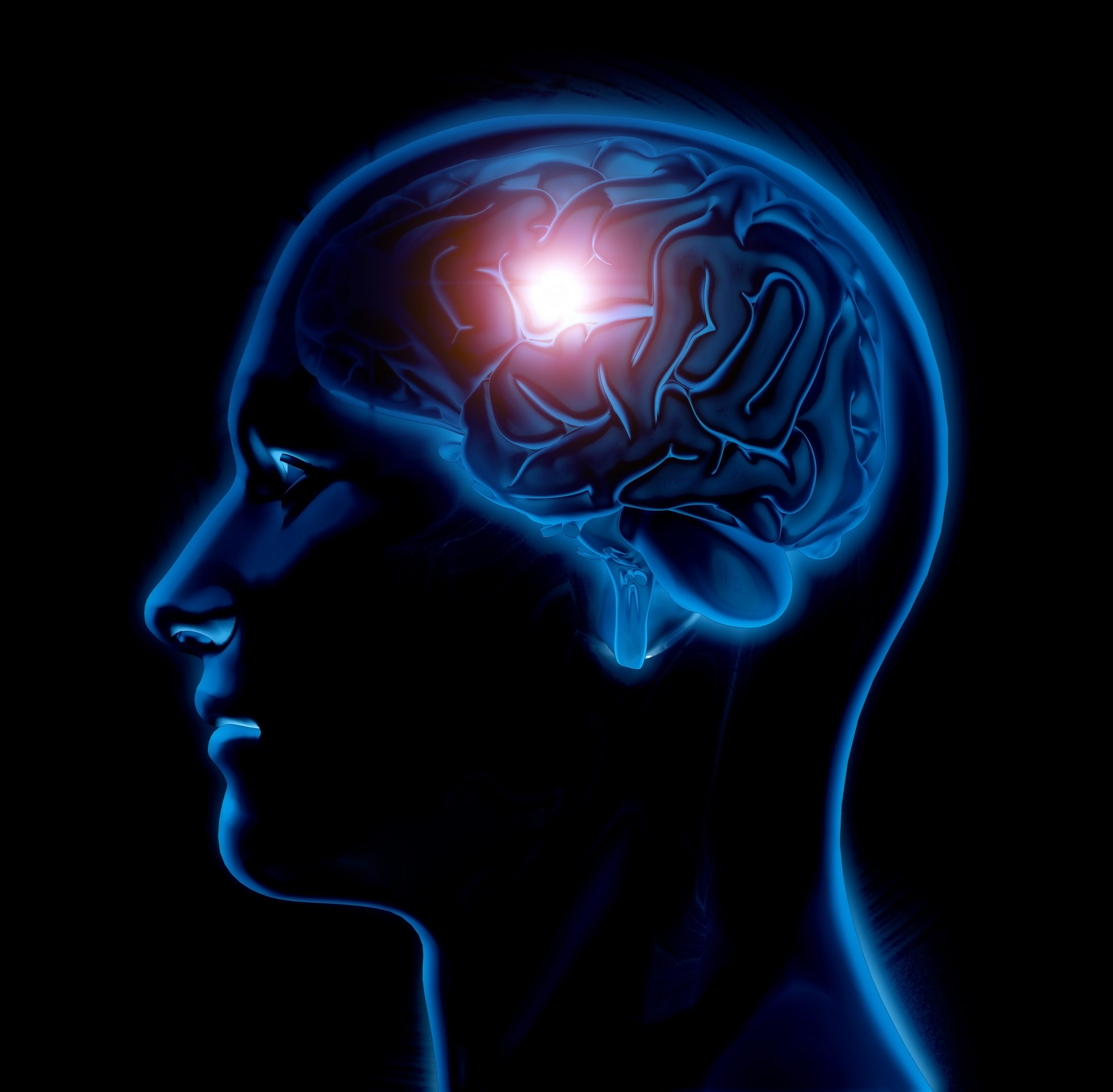

The brain has been observed to alter with aging and illness in the past. But now, Japanese researchers have discovered a connection between physical balance and brain volume change. Researchers from the University of Tsukuba have discovered that in healthy older persons, the volume of the hippocampus is connected with a measure of balancing ability in a study that was just published in Gait & Posture.
The hippocampus is involved in the consolidation of memory data related to spatial awareness, motor sequences, and navigation. According to recent research, the hippocampus function and spatial memory both depend on signals from the vestibular system, which controls balance and body position. Although alterations in the hippocampus have been associated with vestibular dysfunction, it is unclear how balance and hippocampal volume are related. This is a problem that the University of Tsukuba researchers set out to resolve.
“Postural balance requires the integration of different brain systems,” says the senior author of the study Professor Tetsuaki Arai. “To comprehensively examine the brain regions associated with balance, we wanted to first assess the characteristics of healthy older individuals.”
To do this, the researchers asked a group of 30 healthy older adults to undergo tests of balance, cognition, and magnetic resonance imaging, which enabled them to evaluate hippocampal volume. Balance was measured using the index of postural stability (IPS) with the participants standing on various types of surfaces in “eyes open” and “eyes closed” conditions.
“The results were surprising,” explains author Professor Miho Ota. “We found a strong relationship between balance function and the volume of specific regions of the hippocampus, known as the hippocampal subfields.” This relationship was strongest for balancing on a soft surface with eyes closed.
“This study is the first to evaluate the connection between hippocampal volume and balance function in healthy older adults, and we obtained novel information about the nature of this relationship,” says Professor Tetsuaki Arai.
The results suggest that it would be viable to use the IPS to investigate the connection between balance and vestibular function in dementia patients. This study also lays the groundwork for future studies examining whether therapies for balance disorders can enhance hippocampus volume as well as whether the hippocampal volume can be utilized to forecast the results of therapeutic interventions for balance disorders in dementia patients.
more recommended stories
 Liquid Biopsy Measures Epigenetic Instability in Cancer
Liquid Biopsy Measures Epigenetic Instability in CancerKey Takeaways Johns Hopkins researchers developed.
 Human Antibody Drug Response Prediction Gets an Upgrade
Human Antibody Drug Response Prediction Gets an UpgradeKey Takeaways A new humanized antibody.
 Pancreatic Cancer Research: Triple-Drug Therapy Success
Pancreatic Cancer Research: Triple-Drug Therapy SuccessKey Summary Spanish researchers report complete.
 Immune Cell Epigenome Links Genetics and Life Experience
Immune Cell Epigenome Links Genetics and Life ExperienceKey Takeaway Summary Immune cell responses.
 Dietary Melatonin Linked to Depression Risk: New Study
Dietary Melatonin Linked to Depression Risk: New StudyKey Summary Cross-sectional analysis of 8,320.
 Chronic Pain Linked to CGIC Brain Circuit, Study Finds
Chronic Pain Linked to CGIC Brain Circuit, Study FindsKey Takeaways University of Colorado Boulder.
 New Insights Into Immune-Driven Heart Failure Progression
New Insights Into Immune-Driven Heart Failure ProgressionKey Highlights (Quick Summary) Progressive Heart.
 Microplastic Exposure and Parkinson’s Disease Risk
Microplastic Exposure and Parkinson’s Disease RiskKey Takeaways Microplastics and nanoplastics (MPs/NPs).
 Sickle Cell Gene Therapy Access Expands Globally
Sickle Cell Gene Therapy Access Expands GloballyKey Summary Caring Cross and Boston.
 Reducing Alcohol Consumption Could Lower Cancer Deaths
Reducing Alcohol Consumption Could Lower Cancer DeathsKey Takeaways (At a Glance) Long-term.

Leave a Comment